Nature Clubs Are a Great Way to Do Your Bit for the Planet. Here’s How You Can Start Your Own
What does it take to start a nature club on your own? All you need is some planning and a whole lotta love for nature!
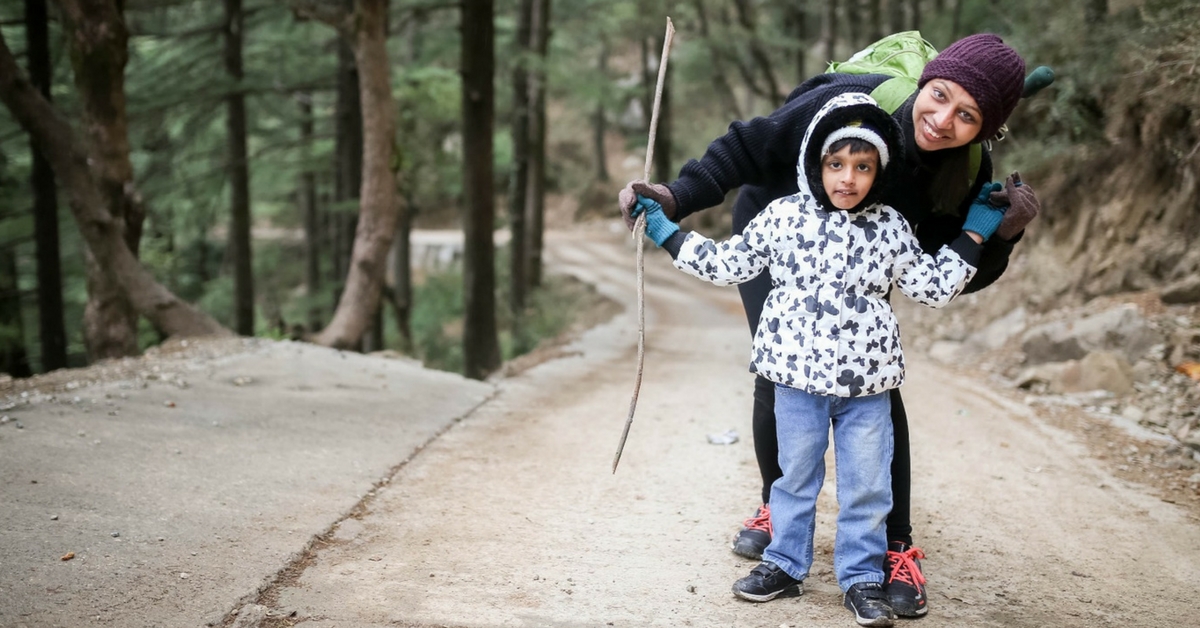
Most successful nature clubs, from Chennai’s famed Madras Naturalist Society to Assam’s revered Aaranyak Nature Club, have been founded by like-minded friends and peers who want to do their bit for the environment. Sometimes there’s just one individual at work like Gujarat’s award-winning Prakruti Nature Club founded by Dinesh Goswami.
We did our research and took our cues from two successful nature club founders and made a wonderful discovery. Daunting as it may seem, starting a nature club is not difficult at all. Here’s how you can start one in your locality, office or even your city.
Before you start planning the details, start by deciding on what your club will be all about.
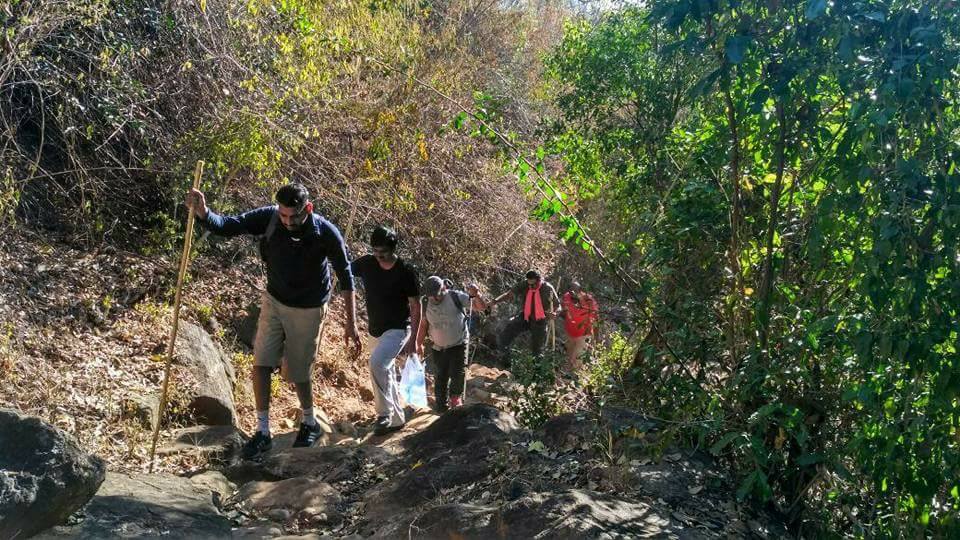 Members of the Nellai Nature Club. Source: Facebook
Members of the Nellai Nature Club. Source: Facebook
Run even a basic Google search and you will be inundated with a bewildering variety of nature clubs. There are distinct clubs for children, parents and children, bird watchers, nature photographers, conservationists and more. There are many aspects to having a club and the best way to start is to pick an area of interest based on your own interests.
Don’t fret over the number of members or the size of the club. “We started with four members,” says PSA Arun Prasath, co-founder of the Nellai Nature Club. The club in Tirunelvelli organises a variety of events, from trekking to photography and civil cleanup initiatives. Over the years, its activities have added hundreds of members and followers to the group.
You might also like: Tired of the City Life? These 8 Nature Clubs Will Help You Reconnect With Your Greener Side
Dr Vijay Anand Ismael, a surgeon at Makunda Christian Leprosy & General Hospital, a rural hospital in Assam, spent his spare time in wildlife photography and biodiversity documentation. His interest led him to start the Makunda Nature Club, which has gained a reputation for spotlighting the state’s rich biodiversity.
No idea is too small for a club, but do keep this in mind: Unless you have previously done it before, don’t plunge directly into serious or challenging conservation issues. You may love wildlife, but rescuing wild animals, birds and reptiles require training and experience.
Once you have an agenda in place, it’s time to reach out to people who may be interested in joining the group.
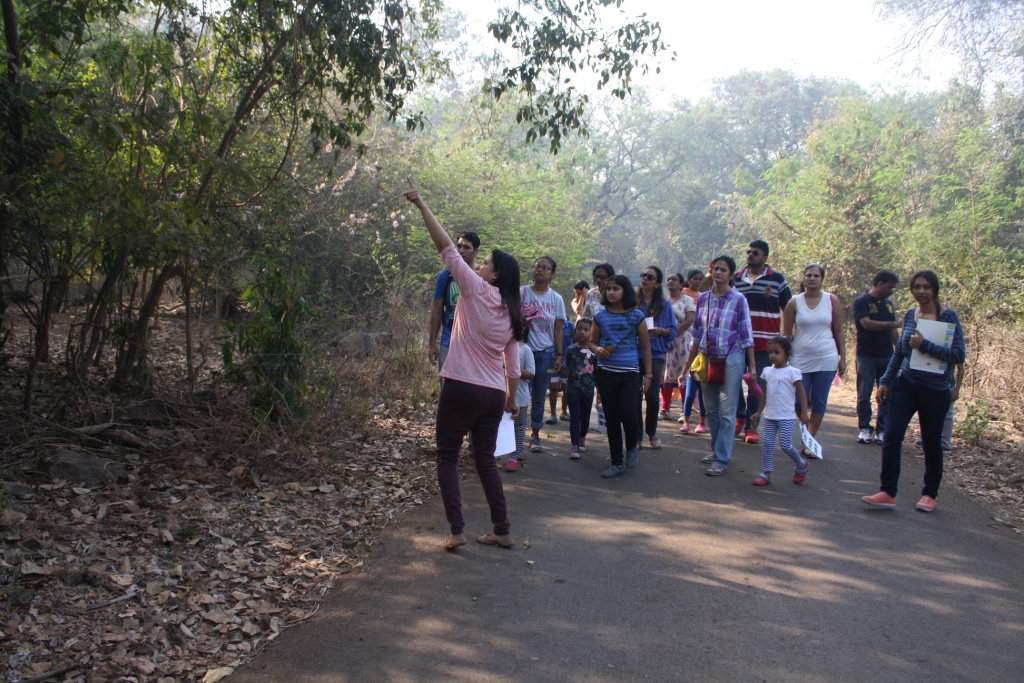 Heart & Soil founder Nehal Shah leading a nature trail.
Heart & Soil founder Nehal Shah leading a nature trail.
The simplest way to start is to engage family members, friends and peers who may be invested in a similar cause. They are your closest allies and also likely to connect you to others who might share the cause. Case in point: Arun was a naturalist and an avid nature lover who first started planting trees and trekking on his own. His first co-members were his brother and two friends.
“We started the club by ourselves,” he says. “All four of us also had the advantage of being well-connected. I am a businessman and the other founding members had great networks. We also organised beach cleanup drives, we cleaned the roads and gradually people began to join on their own.”
If personal connections prove to have limited results, find other modes of outreach. In this age, social media pages can help you reach out to a huge network of like-minded people. Use community groups, other club pages, and find your tribe!
You can also seek help from other successful club founders and replicate their ideas for your own initiative.
Planning activities for your club is crucial to its success, and made better by everyone’s participation.
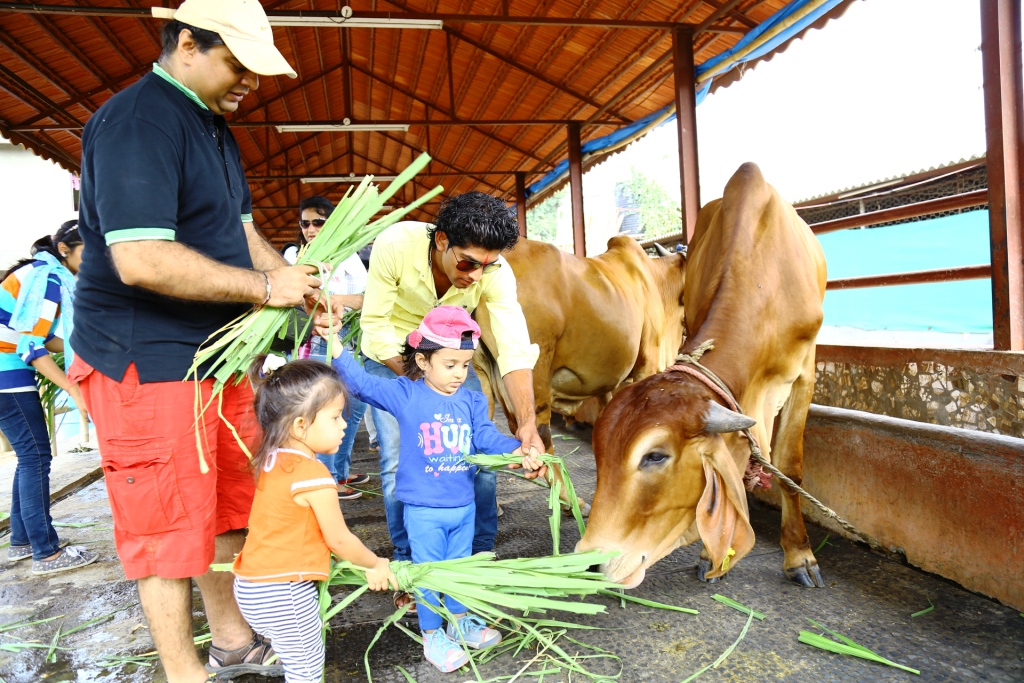 A Heart & Soil club activity for kids and parents
A Heart & Soil club activity for kids and parents
The list of activities you can plan is endless, and that is both a good and bad thing. Good, because you have a variety of options; bad, because it’s easy to lose focus and end up planning irrelevant or logistically challenging events. Nehal Shah, who runs Heart & Soil, a nature club for kids and parents in Mumbai, says it is important to keep the members in mind.
“I have kids, from age one to those in their teens,” she says. “My first priority is safety and I often work with experts to make sure that the outdoor activities match up to our safety standards. It is also important to make people comfortable. I have even played counsellor for parents who might be attending such activities for the first time.”
A few simple ideas to get started on your own: recycling and DIY activities, composting and gardening, nature excursions and trekking, photography. Variety is key to engaging different sets of people, says Nehal, who has organised nature trails, workshops, farm visits, kayaking, sailing, camping, among other activities.
You might also like: 6 Incredibly Easy Tips to Raise Your Little Baby in an Eco-Friendly, Nature-Loving Way
Also keep budget considerations in mind. A picnic in the park may entail little cost beyond transport and food (try a potluck) but village visits, outdoor activities and conservation can be expensive affairs. Plan your activities keeping the cost in mind and draw up a plan to recover it — it’s not surprising that most major nature clubs appoint a treasurer to keep a tab on accounts and fundraising.
Arun, who has over the years, poured his own savings into activities and supporting eco-friendly initiatives suggests small crowdfunding plan for specific initiatives. “Imagine a club with 100 members. If each of them saves ₹100 per month, it will add up to a substantial amount.”
As you expand your activities and memberships swell (as it sure will), make sure you maintain the ethos of the club.
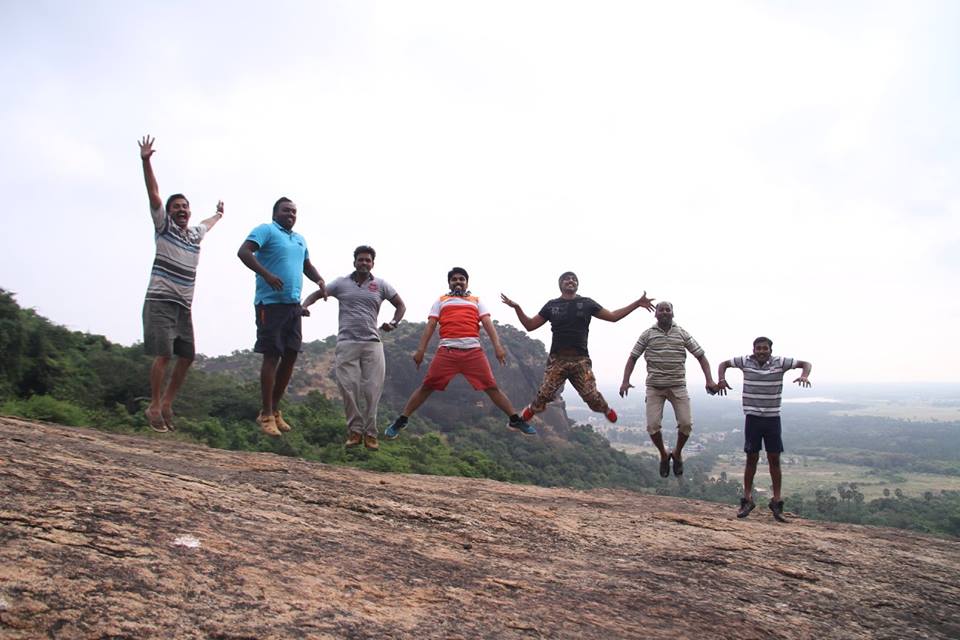 Members of Nellai Nature Club. Source: Facebook
Members of Nellai Nature Club. Source: Facebook
Nehal points out that some things are simply not acceptable for nature clubs, like using plastic during trips and activities. Things to consider: zero-waste practices during outings and group activities, no littering, minimising the use of plastic and doing everything you can to keep your carbon footprint low.
Draw up a list of guidelines for the club. Each time you undertake an activity, do a quick check on whether you are adhering to the list. Modify and adapt your guidelines as required, but ensure that you maintain your primary objective.
Ultimately, the purpose of starting a nature club is to foster love and empathy for nature. As Nehal puts it succinctly, “It is not about making achievements or reaching a milestone. It is about getting people to come and spend some time in nature. Who knows, Mother Nature might give something back too!
For more information on Heart & Soil and contact Nehal Shah, head to their club page. To get in touch with Arun Prasath, click here.
Like this story? Or have something to share? Write to us: [email protected], or connect with us on Facebook and Twitter.
NEW: Click here to get positive news on WhatsApp!
This story made me
-
97
-
121
-
89
-
167
Tell Us More
We bring stories straight from the heart of India, to inspire millions and create a wave of impact. Our positive movement is growing bigger everyday, and we would love for you to join it.
Please contribute whatever you can, every little penny helps our team in bringing you more stories that support dreams and spread hope.



















